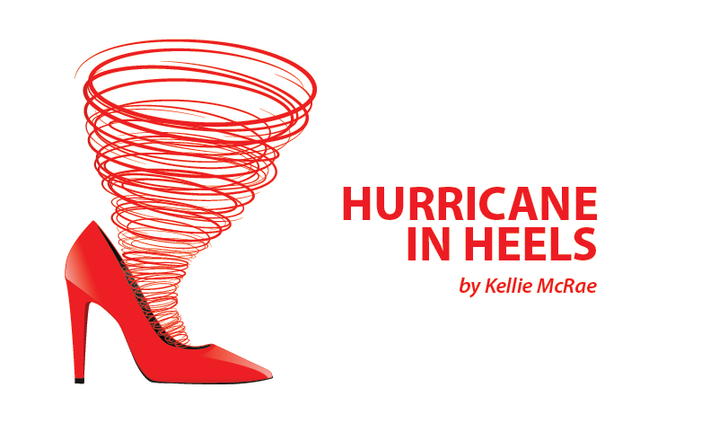Acknowledging Dark Thoughts and Knowing When to Seek Help
Written by |


When I was a teenager, everything felt as if it was a crisis. A bad hair day, a pimple on picture day, a breakup with the kid whose name you can’t even remember now, had you strewn across your bed with mascara streaks down your face for days.
Certainly, life comes with disappointments and we learn to deal with them as best we can. As we got older, our responsibilities grew and so did the disappointments. Maybe you didn’t get into the college that would catapult you into the position of your dreams. Perhaps you were bypassed for that promotion you worked really hard for, or lost your job right after you bought that luxury vehicle. By this time, throwing yourself across the bed and crying for days was not an option. You had to pull yourself together and get back in the game.
When you hit a brick wall financially, physically, professionally, mentally and spiritually, lying in bed doesn’t feel like enough. Those days in bed spent crying soon become weeks. A diagnosis of lupus can literally flip your life over and drop it on its head. The pain, the fatigue, the unpredictable nature of this disease can be scary enough, but then you find yourself riddled with disappointment.
Living with a chronic illness such as lupus makes it challenging to work. When you can’t work, you are constantly wondering: How will the growing pile of medical bills get paid? Or how losing your insurance because you are no longer able to work will make it all the more challenging to pay those bills, or for hospital stays or doctors’ visits. I often wonder “Why did this happen to me?” (No answer to that question is coming from anywhere anytime soon.)
These are some of the questions I asked myself when my doctor recommended disability for me. Then something happened that was completely overwhelming and unexpected. I started considering suicide. Everything I knew about life was on its head. Everything I knew about ME suddenly changed. The more I thought about it, the more it sounded like a viable solution. At the time of my diagnosis, I lived in a high-rise condo on the 15th floor. Every time I went onto my balcony the urge grew. I would look over and wonder where I would land. Writing this is a bit painful, but I know I am not the only person who has ever considered this.
I was in a new city with no friends or family nearby, and had just started making friends with my new co-workers when I became ill. I believed I would be a burden on all who would help. Finally, I spoke up about what I was feeling. I spoke to the people who were closest to me, people I knew loved me, and to the people in my support group. Of course, I learned I was not alone. I learned that in spite of what was going on, I was not alone and that I needed to continue to fight to be here.
If you are having similar feelings, please don’t give up. Please know that good things are still ahead even on the days when you hurt. People in your life love you and they need you here, even through your suffering. There are days when I wonder how the lives of my loved ones would have been different had I taken my own life. Especially my children, to whom I am quite close.
Living with a chronic illness such as lupus can be very challenging. If you find yourself struggling with depression or suicidal thoughts, please do not be afraid to seek help. Talk to someone you trust about your feelings, and remember there are professionals to help you through these hard times. Professionals, such as therapists or counselors, are trained to listen to your thoughts and help you develop a strategy to cope with your feelings. Your family doctor may be able to help you find the right professional to help you through these thoughts.
Please reach out for help if you need it, and know that you are not alone in this.
Note: Lupus News Today is strictly a news and information website about the disease. It does not provide medical advice, diagnosis, or treatment. This content is not intended to be a substitute for professional medical advice, diagnosis, or treatment. Always seek the advice of your physician or other qualified health provider with any questions you may have regarding a medical condition. Never disregard professional medical advice or delay in seeking it because of something you have read on this website. The opinions expressed in this column are not those of Lupus News Today, or its parent company, Bionews Services, and are intended to spark discussion about issues pertaining to lupus.





Leave a comment
Fill in the required fields to post. Your email address will not be published.